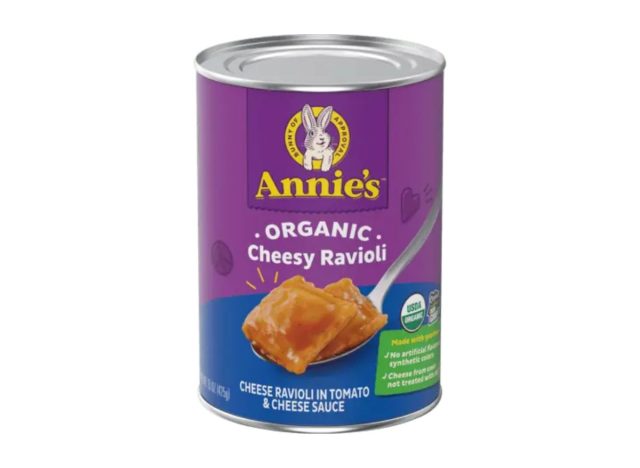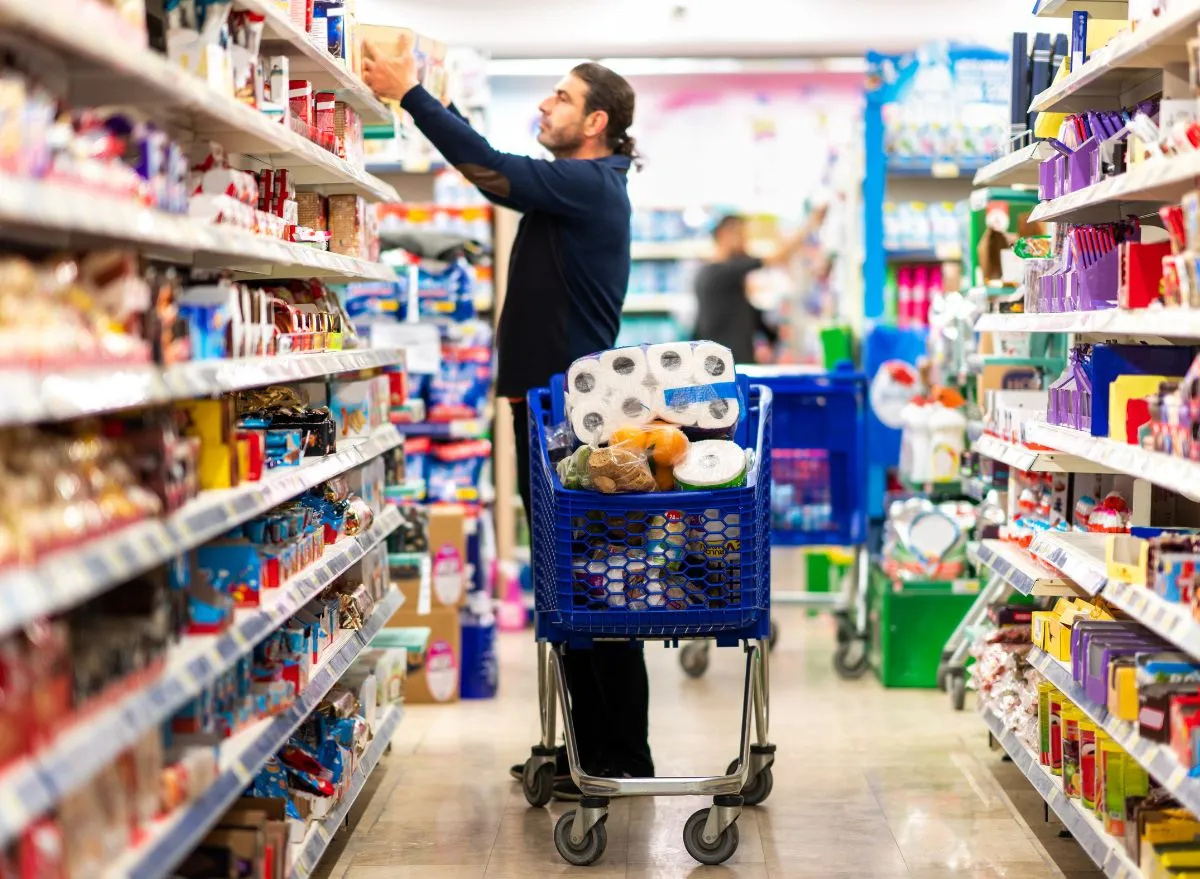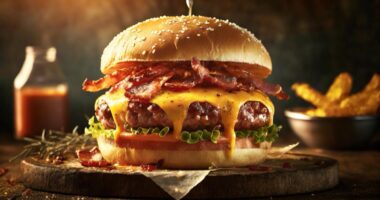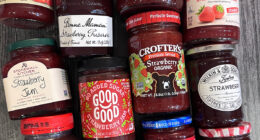The product recommendations in this post are recommendations by the writer and/or expert(s)
interviewed and do not contain affiliate links. Meaning: If you use these links to buy
something, we will not earn a commission.
From illness-causing bacteria to undeclared allergens, there are already plenty of health risks consumers have to look out for in the food they eat. But, a concerning new study shows that there could be even more potentially harmful materials hitching a ride in some of your favorite foods.
Consumer Reports recently tested 85 grocery and fast-food items for plastic chemicals that have been linked to health issues in humans. The nonprofit watchdog organization ended up discovering the “widespread” presence of those potentially harmful chemicals in the foods it tested.
For example, CR detected phthalates—a chemical used to make plastic more flexible and durable—in almost all of the foods it assessed. “High levels” of the chemical were present in many of those foods, including Del Monte Sliced Peaches, Chicken of the Sea Pink Salmon, Yoplait Original French Vanilla Low Fat Yogurt, Wendy’s Crispy Chicken Nuggets, a Chipotle chicken burrito, and a Burger King Whopper with cheese. The product that contained the absolute highest levels of phthalates was Annie’s Organic Cheesy Ravioli, which contained a whopping 53,579 nanograms per serving, according to the test results.

CR also detected bisphenols—chemicals used in reusable food and beverage containers, reusable water bottles, the linings of food cans, and other products—in 79% of the products it sampled.
CR called the presence of phthalates and bisphenols in the tested foods “concerning.” The chemicals can leach into food from its packaging or from plastic in tubing, conveyor belts, and gloves used during food processing. Research has shown that phthalates and bisphenols are endocrine disruptors that can disrupt the body’s ability to produce and regulate estrogen and other hormones. This can potentially increase the risk of birth defects, premature birth, certain cancers, diabetes, obesity, and other health issues.
Philip Landrigan, a pediatrician and the director of the Program for Global Public Health and the Common Good at Boston College, told CR that those health problems usually develop slowly rather that all at once. “Unlike a plane crash, where everyone dies at once, the people who die from these die over many years,” he said.
CR noted that the levels of phthalates and a type of bisphenol (bisphenol A, or BPA) in the foods it tested didn’t exceed limits set by regulators in the United States and Europe. Still, scientists haven’t confirmed that any level of phthalates in food is safe, even though “lower levels are better,” according to the nonprofit.
Consumer Reports and other advocates are calling on the U.S. Food and Drug Administration to reassess whether these plastic chemicals should be permitted in materials that come into contact with food. In the meantime, consumers who are looking to cut back on foods with high levels of chemicals can use CR‘s test results to guide their eating choices.
CR did point out that some of the tested products had comparatively low levels of phthalates. For example, Pizza Hut’s Original Cheese Pan Pizza only had half the phthalate levels of a similar Little Caesars pizza. Polar Raspberry Lime Seltzer was the only product in the test that contained no phthalates at all.
“That tells us that, as widespread as these chemicals are, there are ways to reduce how much is in our foods,” said James E. Rogers, Ph.D., who oversees product safety testing at the nonprofit.
Zoe Strozewski









